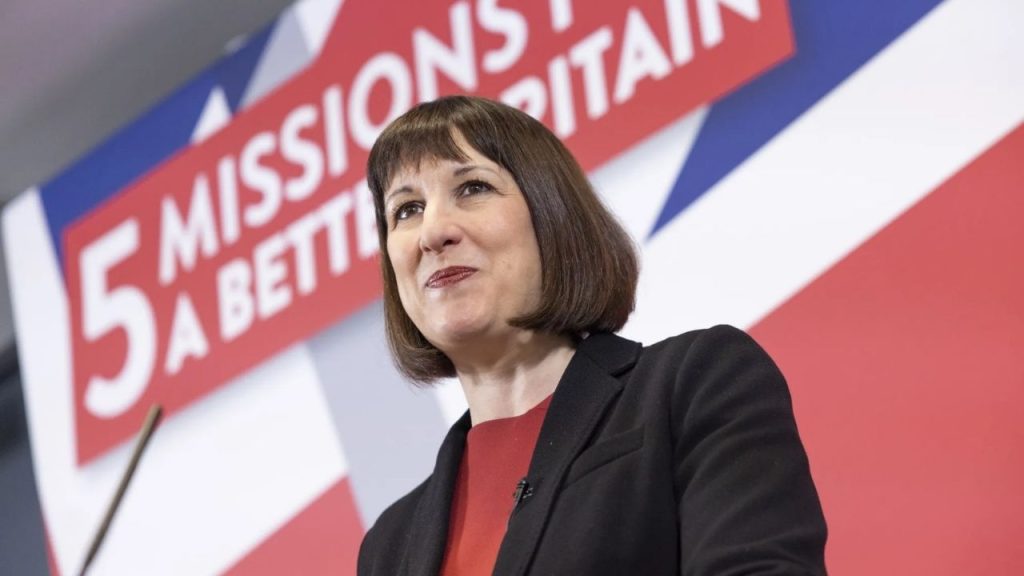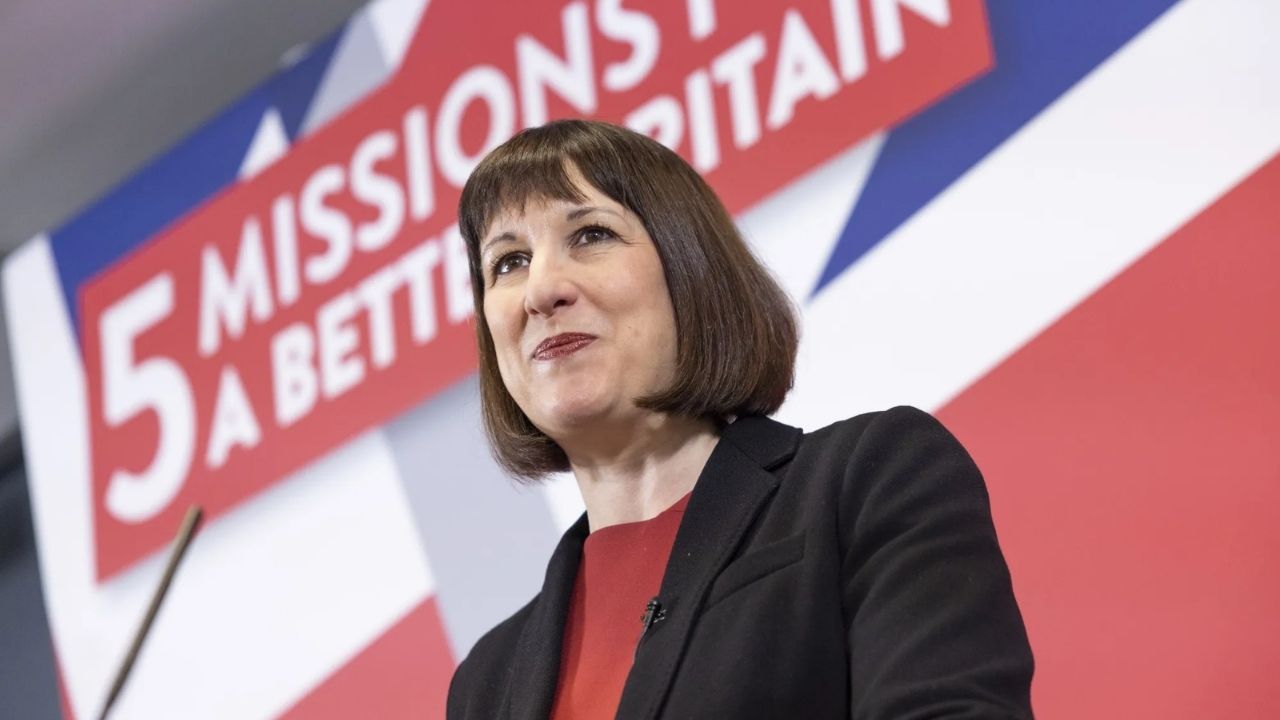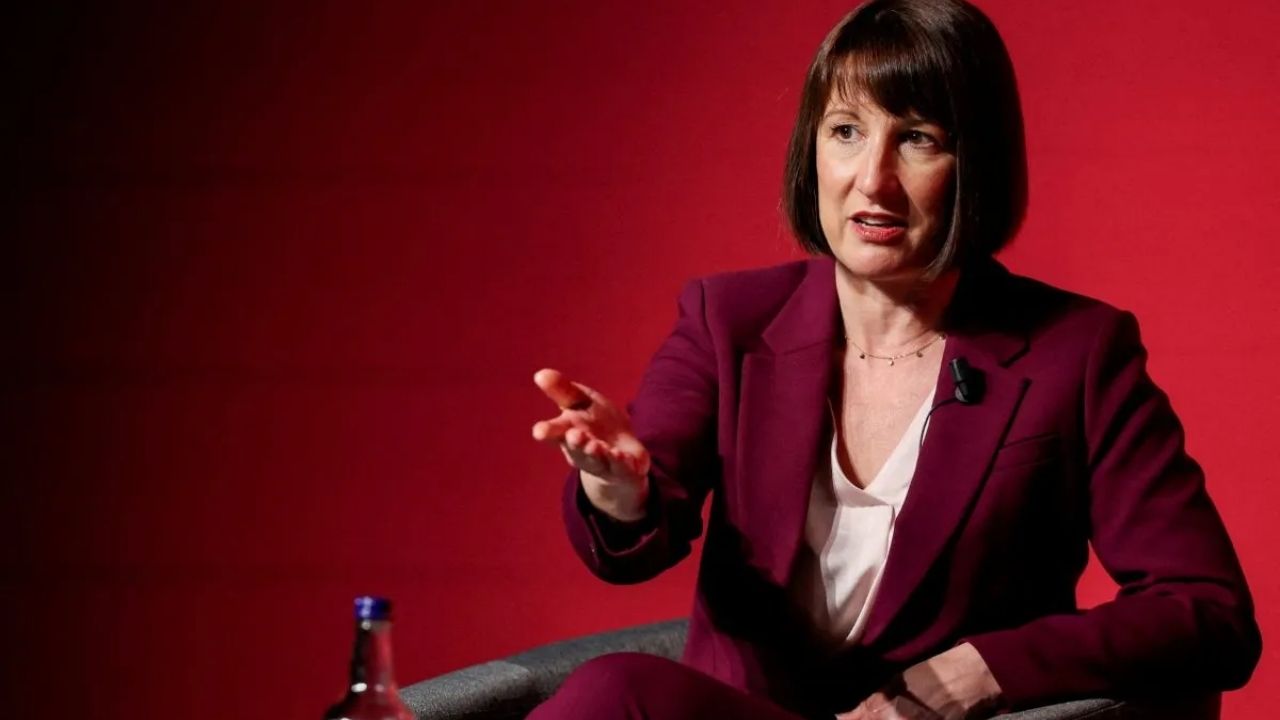Shadow Chancellor Rachel Reeves has unequivocally ruled out introducing a wealth tax if the Labour Party wins the next general election, describing the policy as a ‘mistake’. Her statement solidifies Labour’s economic platform, moving it away from radical tax reform despite calls from some groups who claim the measure could raise over £20 billion for public services.

UK Wealth Tax
| Key Issue | Detail / Stance |
| Labour’s Official Position | A wealth tax is “not on the agenda” and would be a “mistake,” prioritising economic stability. Rachel Reeves, The Telegraph |
| Proponents’ Revenue Estimate | A one-off or annual tax on the UK’s wealthiest could raise between £10bn and £26bn per year. |
| Economic Rationale Against | Concerns over capital flight, administrative complexity, and potential damage to business investment. |
Labour’s Firm Stance on Taxation
Speaking at the World Economic Forum in Davos, Switzerland, Ms. Reeves firmly rejected proposals for new taxes on assets. “I don’t have any plans for a wealth tax… I think that the way that you create a stronger economy and raise the money for public services is by growing the economy,” she stated, according to reports from the event.
In a separate interview with The Telegraph, she reinforced this position, stating that countries which had implemented a wealth tax later abandoned it. “They are not taxes that are part of our agenda,” she said, emphasising that Labour’s focus is on creating a stable environment for the UK economy to attract investment.
This stance is a core part of the economic strategy developed by Ms. Reeves and party leader Sir Keir Starmer. They aim to present the Labour Party as a fiscally responsible and prudent alternative to the current Conservative government, seeking to reassure businesses and voters who may have been wary of the party’s previous economic policies.
The Push for a UK Wealth Tax
Ms. Reeves’ comments come amid significant debate over how to fund the UK’s strained public services, particularly the National Health Service (NHS). Proponents of a wealth tax argue it is a fair and efficient way to address rising inequality and generate substantial revenue.
The Trades Union Congress (TUC) has previously called for reforms that would tax wealth at the same rate as income, suggesting it could generate at least £10 billion annually. A landmark 2020 report by the Wealth Tax Commission, a group of academics and tax experts, explored a one-off levy on assets over £500,000. It concluded such a tax could raise £260 billion over five years.
Supporters argue that as wealth inequality has grown, the tax burden has fallen disproportionately on income from work rather than on assets like property, stocks, and shares. They believe a levy on the wealthiest households is necessary to rebalance the system.
Economic and Political Considerations
The Argument Against Implementation
Opponents of a wealth tax, a group that now clearly includes the Labour frontbench, highlight significant practical challenges. The primary concern is capital flight, where wealthy individuals might move their assets—or themselves—out of the country to avoid the tax, thereby undermining the expected revenue.
Furthermore, critics point to the administrative complexity and cost of valuing diverse assets, from art collections to private businesses. According to analysis from the Institute for Fiscal Studies (IFS), designing a tax that is both effective and fair presents a “major challenge.” The experience of other European nations, many of whom have repealed their wealth taxes in recent decades, is frequently cited as a cautionary tale.
The Political Calculation
Labour’s decision to rule out a wealth tax is widely seen as a strategic political move. By doing so, the party distances itself from the more radical economic policies associated with its previous leadership under Jeremy Corbyn. The current leadership believes that a platform built on stability and fiscal predictability is essential to winning a majority at the next general election.
The party has instead indicated it would focus on closing specific tax loopholes, such as those related to non-domiciled residents and private school charitable status, to raise funds. This approach is seen as less likely to alarm businesses and aspirational voters.
The debate over how to tax wealth effectively is unlikely to disappear from the political landscape. With public finances under pressure, any future government will face difficult choices about how to raise revenue. However, the Labour Party has now made it clear that, for the foreseeable future, a direct annual tax on wealth will not be one of its chosen tools.
Reeves’s £50bn Problem: Cut Pension Tax Relief to Balance the Books
UK House Prices Plunge; Is Reeves’ New Property Tax Plan to Blame?
£18 Billion Pension Panic! Why UK Savers Are Rushing to Withdraw Before the Tax Hammer Falls
FAQs
1. What is a wealth tax?
A wealth tax is a direct levy on an individual’s net worth, which is calculated as their total assets (including property, savings, investments) minus their liabilities (such as mortgages and other debts). It is typically an annual tax charged on wealth above a certain high threshold.
2. Why has the Labour Party ruled out a wealth tax?
Shadow Chancellor Rachel Reeves stated it would be a “mistake,” citing the practical difficulties of implementation, the risk of capital flight, and the fact that other European countries have abolished similar taxes. The decision is also part of a wider political strategy to present Labour as fiscally responsible and stable ahead of an election.
3. Which countries currently have a form of wealth tax?
While many countries have abolished their wealth taxes, a few still have them in place. Notable examples include Spain, Norway, and Switzerland. Each country’s system has different thresholds, rates, and exemptions.





